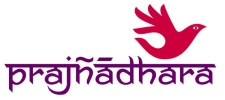Intent of API
We believe inclusive spaces are created when mainstream institutions, persons and communities are able to have a relational experience with persons with special needs. But how do the arts facilitate the creation of such relationships? From the pottery, figurines and seals of the Indus Valley civilisation to the 6th century A.D. temple reliefs and carvings of the Dashavatara Temple in the Betwa River Valley, the architectural mythology of India is a testament to the potential of the arts to capture and express human experience. Similarly, the melody of our folk songs and ragas, the poignancy of Kalidasa’s plays and the intensity of our dances are evidence of the evocation of the senses and emotions.
Art is universal, transcending barriers of languages, ethnicities, beliefs and differences. Working with the idea that the arts have the potential to explore and express human experience, API aims at developing intersubjectivity in relationships between mainstream and special needs and vulnerable populations, allowing each to experience the other through the arts. By bridging the gap between mainstream and special needs and vulnerable populations, API’s mission is to celebrate neurodiversity built upon relationships of mutual trust, acceptance and compassion. Through our one-year certificate course we train students in the therapeutic benefits of the arts, transforming their skill sets and certifying Arts Practitioners for Inclusion. We aspire to empower students to become entrepreneurs in their own right, implementing projects to create inclusive spaces across India through the arts. We believe that methodology and practice of Arts Practices for Inclusion (API) needs to occupy a central place in education and complementary health care to bridge the gap between mainstream and special needs populations.
Inclusion is not integration.
Nor is it a badge of honour.
It’s a way of life.
We can’t do a little of it; either it is, or it isn’t.
It’s fair play, common sense, hard work, elegantly simple, and awesomely complex.
It’s not building an extra of, it is being in the one that is.
A kaleidoscope of diversity.
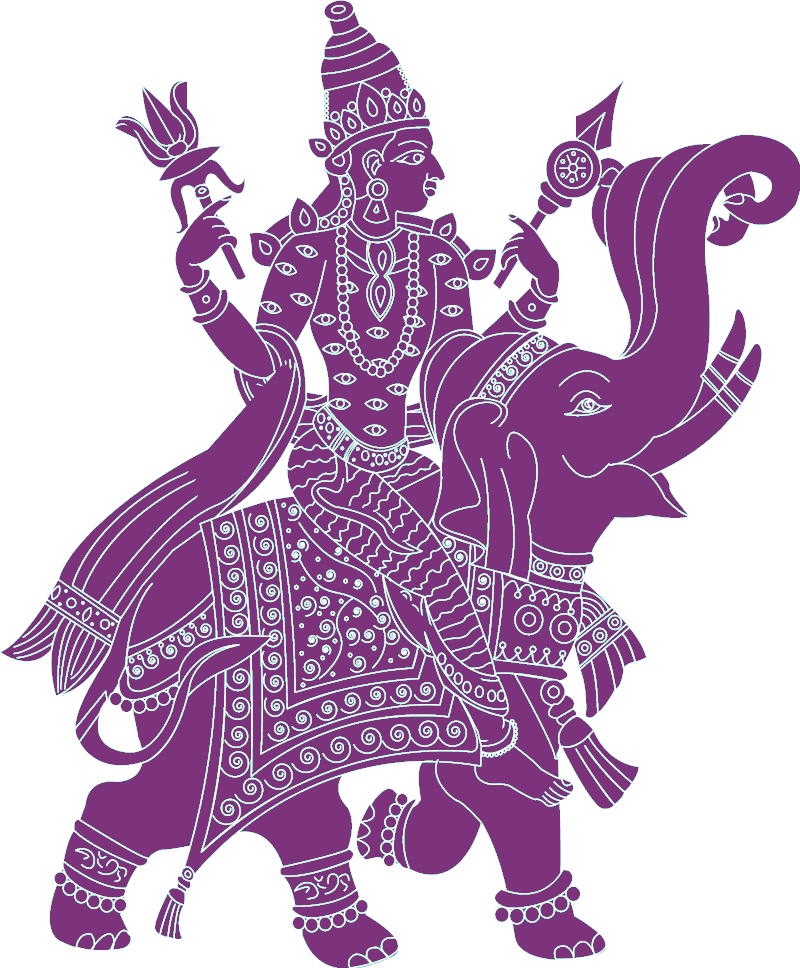
Course Highlights

486 hours over one year, with two sets of 7-day contact classes in Bengaluru.

Complete practical modules and assignments in your chosen city and organization.

Immersive Field Experiences: Engage in hands-on learning through real-world field immersion experiences.

Stay connected and continue your learning with year-round online sessions.

Benefit from 8+ hours of dedicated supervision and mentoring support.

Implement a three-month impact-driven inclusion project in Term 3, creating real on-ground change.

Strengthen your practice with focused self-care modules designed for your well-being.

Develop expertise in empirical data collection and research analysis.

The course aligns with Sustainable Development Goals 3, 4, 10, 11, and 16, reinforcing its global relevance and impact.
Course Timelines
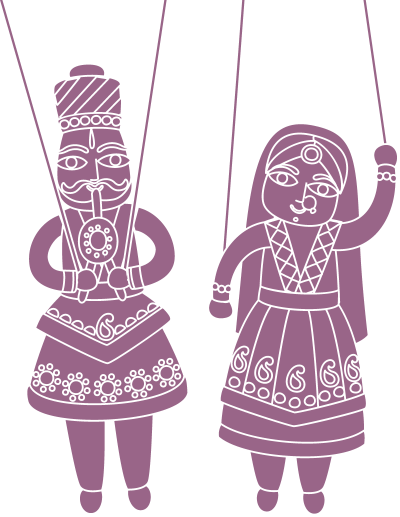
Feb Batch
Term 1 – February to May
1. Experiential Studies in the Arts
2. Direct Beneficiary Work
3. Inclusion Circles
4. Assignments
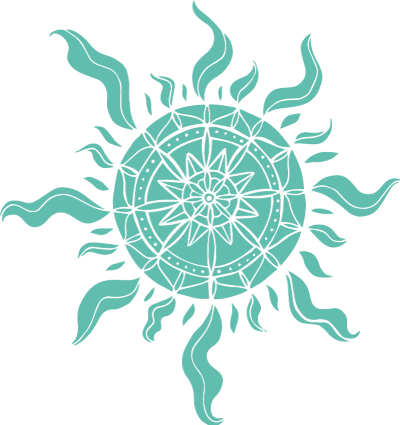
Feb Batch
Term 2 – June to October
1. Application Studies of the Arts
2. Direct Beneficiary Work
3. Inclusion Circles
4. Research and Documentation
5. Assignments
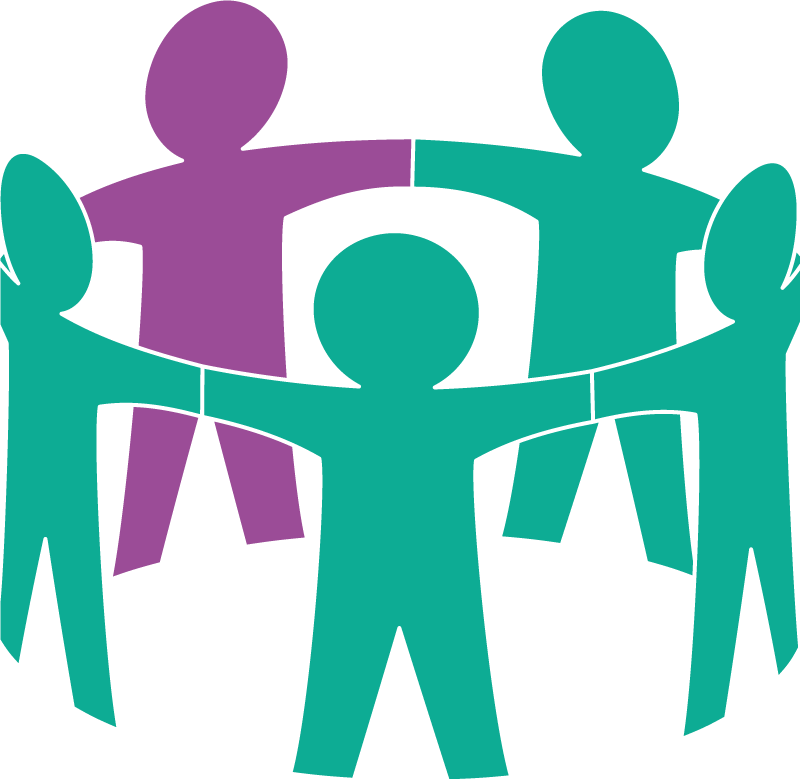
Feb Batch
Term 3 – November to January
1. Independent Community based Project
2. Direct Beneficiary Work
